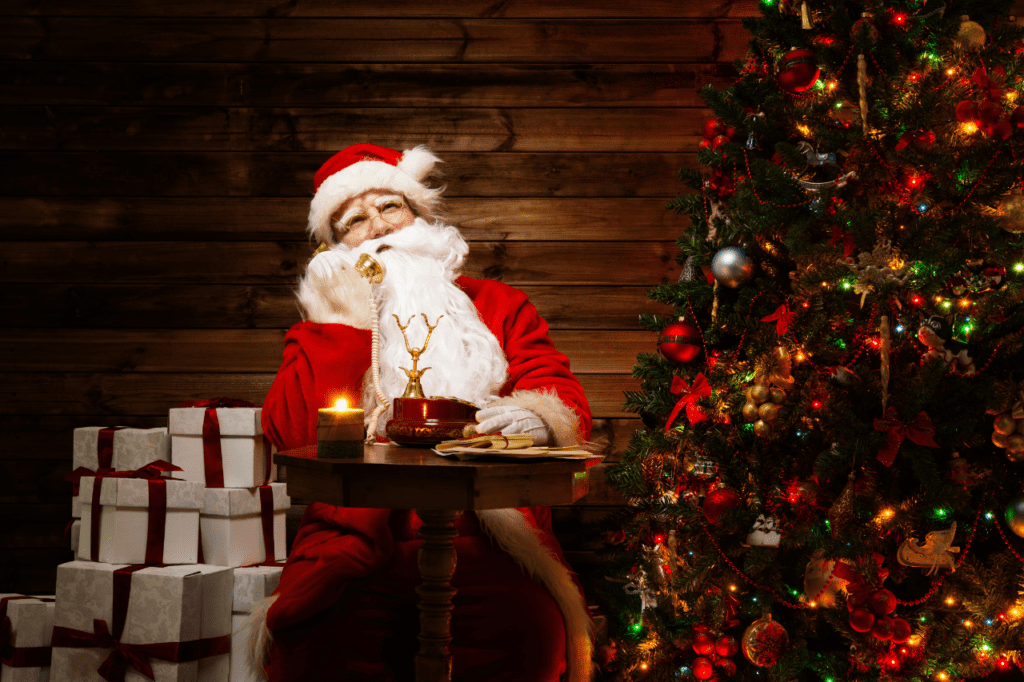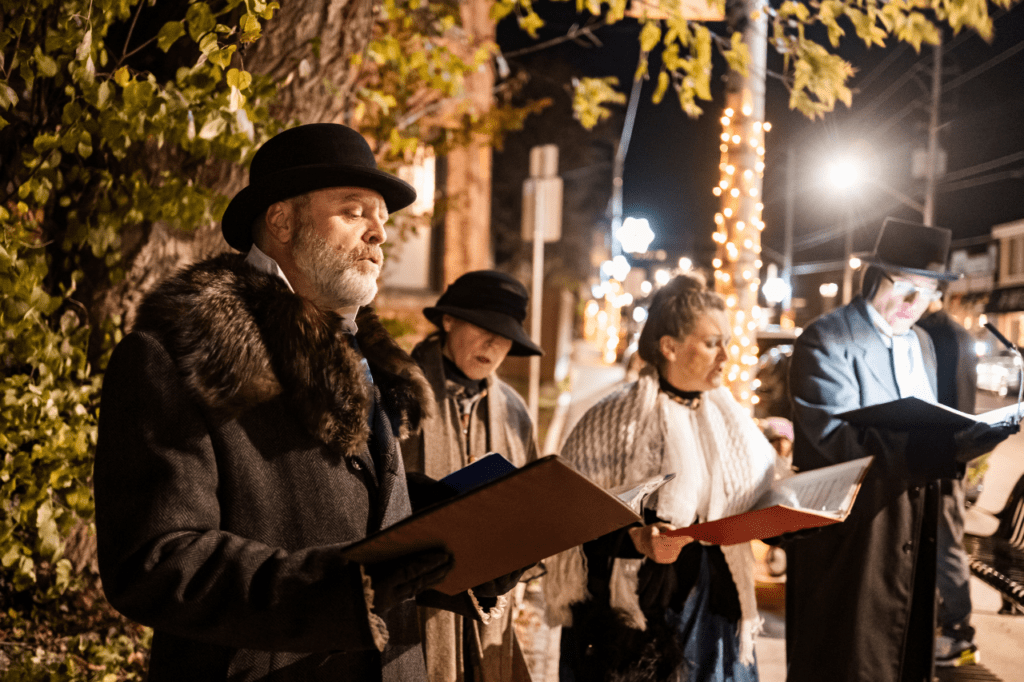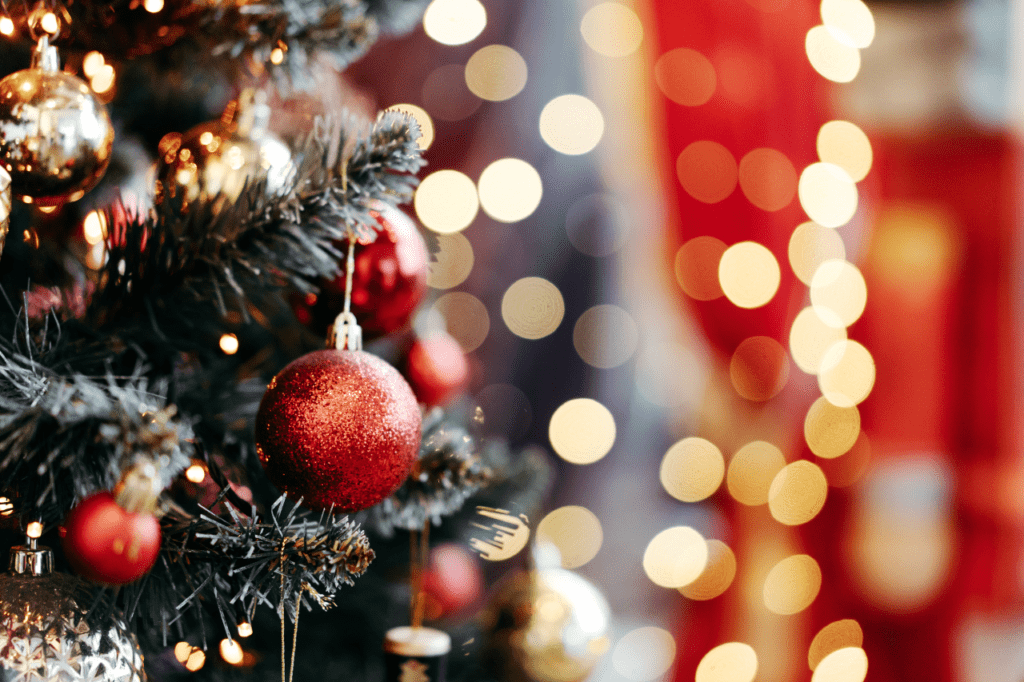


Christmas, celebrated by over 2 billion people worldwide, stands as one of humanity’s most cherished and widely observed celebrations. Whether you’re embracing its religious significance, cultural traditions, or simply the joy of the season, Christmas has evolved into a global phenomenon that transcends cultural boundaries. In 2023, nearly 85% of Americans celebrated Christmas, making it the most widely celebrated holiday in the United States.
The story of Christmas weaves together ancient traditions, religious significance, and cultural evolution spanning thousands of years. Long before the Christian celebration, ancient civilizations marked the winter solstice with festivals and celebrations. The Romans celebrated Saturnalia, while Germanic peoples observed Yule – both winter festivals that would later influence many Christmas traditions we know today.
The Christian celebration of Christmas emerged as a commemoration of Jesus Christ’s birth in Bethlehem. While the Bible doesn’t specify a date for this event, by the 4th century, the Church settled on December 25th. This date coincided with existing winter celebrations, making it easier for converting populations to embrace the new Christian holiday.
Early Christmas celebrations were primarily religious observances, focused on church services and prayer. However, as Christianity spread across Europe and beyond, Christmas began incorporating local customs and traditions, creating the rich tapestry of celebrations we see today.

Christmas celebrations vary dramatically across cultures, each adding unique elements to the global Christmas tradition:
In Germany, the Christmas season begins with Advent, four Sundays before Christmas Day. Families often create elaborate Advent calendars and wreaths, counting down to December 25th. German Christmas markets, or Christkindlmarkts, have become popular worldwide, offering handcrafted gifts, traditional foods, and festive drinks.
Scandinavian countries celebrate St. Lucia Day on December 13th, marking the start of their Christmas season. Young girls wear white dresses with red sashes and crown-like wreaths with candles, serving traditional saffron buns to their families.
In the Philippines, the celebration begins as early as September, featuring elaborate lantern displays called ‘parols’ and a series of pre-dawn masses known as ‘Simbang Gabi.’
Australian Christmas often involves beach barbecues and outdoor celebrations, adapting northern hemisphere traditions to their summer season.
The Christmas tree tradition, popularized by Prince Albert in Victorian England, has become a centerpiece of modern celebrations. Originally adorned with candles and simple ornaments, today’s Christmas trees showcase everything from family heirlooms to modern LED light displays.
Popular decorating elements include:
Modern trends have introduced new themes like:
Christmas cuisine varies by region but often centers around special meals that bring families together. Traditional dishes include:
In Britain and America:
European variations:
Modern entertaining has evolved to include:

The soundtrack of Christmas has evolved from traditional carols to encompass a wide range of festive music. Classical carols like “Silent Night” and “O Holy Night” share popularity with modern classics such as “All I Want for Christmas Is You” and “Last Christmas.” Family gatherings often center around:
The tradition of exchanging gifts at Christmas traces back to the biblical story of the Three Wise Men bringing gifts to the baby Jesus. Today, gift-giving has become a central part of Christmas celebrations worldwide, with different cultures adding their own unique traditions.
Popular gift categories for different recipients include:
For Family Members:
For Friends:
For Children:
For Colleagues:

Technology has transformed how we celebrate Christmas in numerous ways:
Despite these modern additions, many families maintain traditional elements while incorporating new technologies to enhance their celebrations rather than replace cherished customs.
October:
November:
Early December:
Week Before Christmas:
Q: When should you start preparing for Christmas? A: Ideally, begin planning 2-3 months ahead, starting with budgeting and gift lists in October.
Q: How can I celebrate Christmas on a budget? A: Consider handmade gifts, organize Secret Santa exchanges, use cash-back apps for shopping, and focus on experiences rather than expensive presents.
Q: What are appropriate gift amounts? A: This varies by relationship and budget, but common ranges are:
Q: How do you handle different family traditions? A: Communicate openly about expectations, alternate between different traditions each year, or create new blended traditions that incorporate elements from both families.
Christmas continues to evolve while maintaining its core essence of bringing people together in celebration. Whether observed as a religious holiday, cultural tradition, or simply a time for family gathering, Christmas offers something meaningful for everyone. As we look toward future celebrations, the balance of honoring traditional customs while embracing modern adaptations ensures this beloved holiday remains relevant and special for generations to come.



